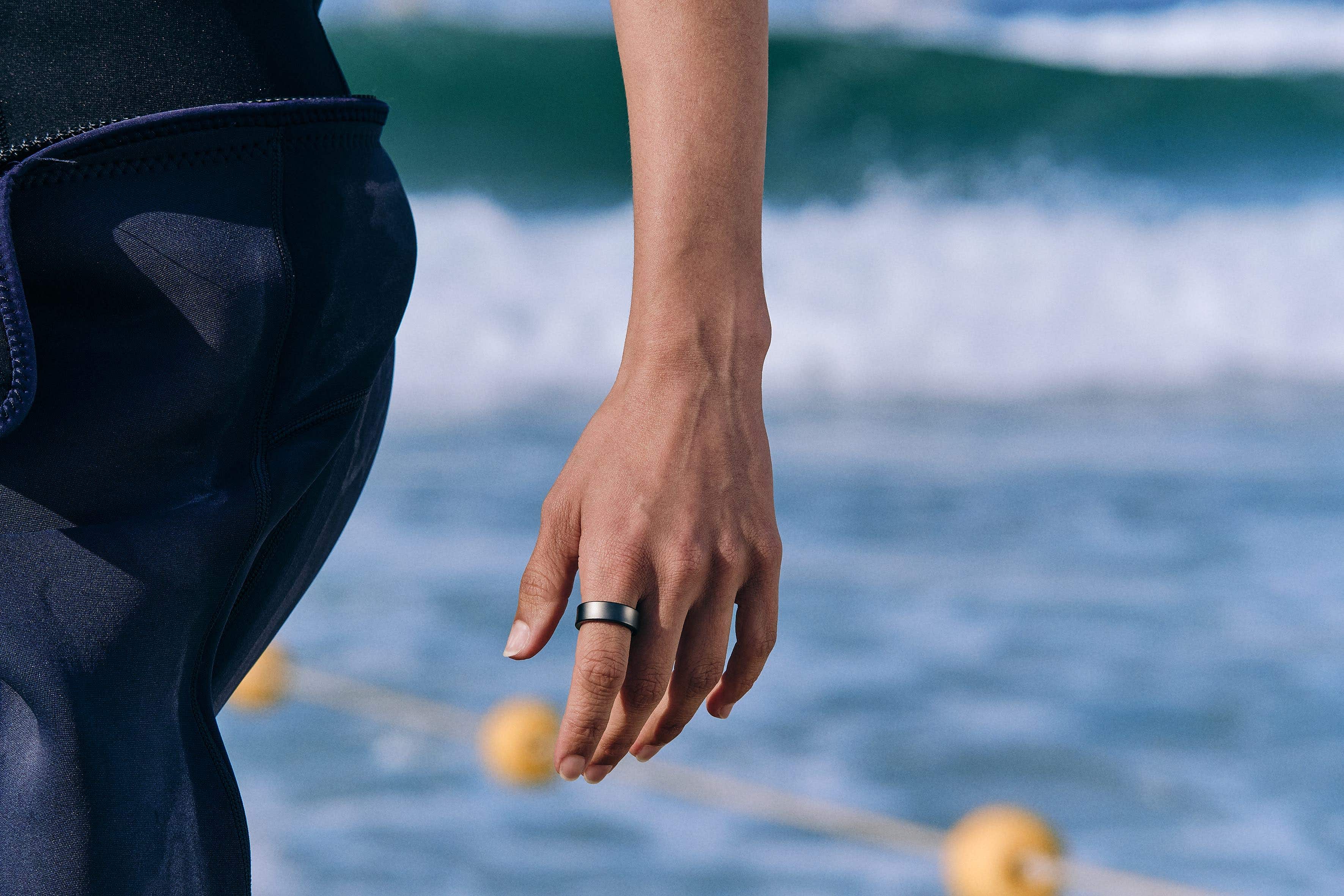Samsung’s Galaxy Ring an ‘interesting bet’, expert says
The Korean tech giant will launch its first smart ring later this month.

Samsung’s decision to release a smart ring makes sense because of the increasing demand for health tracking tech, but it remains a “niche” device for now, an industry expert has said.
Ben Wood, chief analyst at CCS Insight, said the launch of the Galaxy Ring was an “interesting bet” by the technology giant.
The ring is due to be launched later this month, and Samsung says it will come with a battery life of up to seven days and is designed to be worn 24 hours a day to help users monitor their health stats during the day, but also while they sleep.
Only a small proportion of consumers wear their smartwatches in bed which means a huge chunk of data is not captured
Mr Wood said this is a strong selling point because many people do not wear smartwatches to bed so are missing out on potentially useful sleep data, but the “huge complexities” around smart rings still make it a risky launch.
“The Galaxy Ring is an interesting bet by Samsung. At present it is a niche segment with CCS Insight estimating a total market of around four million smart rings in 2025, which is a rounding error when compared with 250 million smartwatches that are also expected to be sold,” he said.
“However, it’s a device category that fits well with growing consumer interest in tracking health metrics and it is complementary with Samsung’s current smartwatch sales, particularly when monitoring sleep.
“Only a small proportion of consumers wear their smartwatches in bed which means a huge chunk of data is not captured, not just around sleep, but also heart health, body temperature and more.
“It is also encouraging to see the growing focus on women’s health, a trend that other smart ring makers are embracing.
“There are huge complexities around bringing smart rings to market. It’s a logistical nightmare considering smart rings typically come in nine different sizes and numerous colours.
“As a result, consumers require a sizing kit to get their finger sized before making a purchase. Having strong retail partners or a comprehensive retail network is essential to success. I’ll be watching the rollout with interest.”
Bookmark popover
Removed from bookmarks